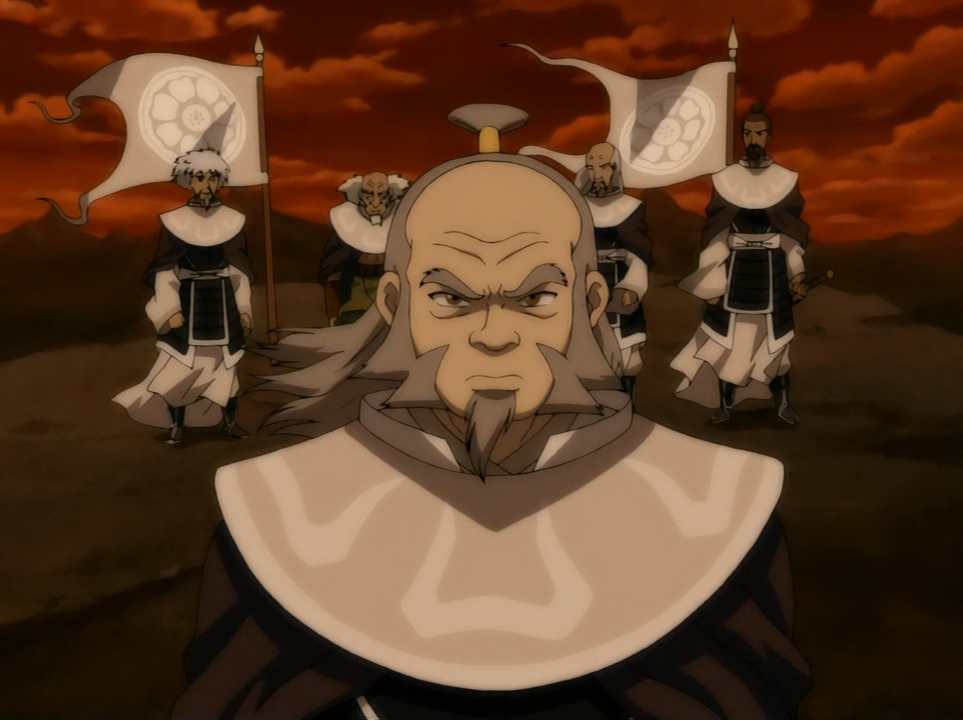When Bryan Stevenson was about ten years old, he laughed at a little boy who had a stutter. His mother saw and was ashamed.
“What are you doing?” she asked. “You should know better.” Stevenson tried to apologize, but his mother cut him off. There was no excuse, she told him. He was to go back and apologize. Then, he was to give the boy a hug. And tell him he loved him.
Stevenson was mortified. “Mom,” he said, “I can’t go over and tell that boy I love him. People will-” But she gave him the same look. And so, Stevenson went over to the boy, awkwardly hugged him, and blurted “I love you” as “insincerely” as he could.
And then, Stevenson recalls, the boy “hugged me tighter and whispered in my ear, ‘I love you too.’”
Stevenson recounts this story in his book Just Mercy. The book focuses on the case of Walter McMillan, a black man who was wrongly convicted and sentenced to death. Stevenson, who served as McMillan’s attorney, uses the case to paint a picture of a criminal justice system thirsting for destruction.
Stevenson calls for a system of “just mercy” in its place. This is what that little boy had given Stevenson all those years ago: Just mercy. It’s a term Stevenson coined, and one he defines as “mercy that belongs to the undeserving.” It is full acceptance, extended to people who should have known better, who had done real damage, for whom no excuse could be made.
***
Avatar: The Last Airbender is set in a society where real damage has been done. The revered animated show, which returned to Netflix earlier this summer, is set in a world of four nations: The Earth Kingdom, the Water Tribe, the Air Nomads, and the Fire Nation. Believing itself superior, the fire nation tries to take over the world. The show begins a hundred years into a war.
One of its central characters, Zuko, is the crown prince of the fire nation. When we meet him, he is short-tempered and abusive. He is trying to kidnap the world’s last hope for peace–the titular “avatar.” The avatar is the most powerful person in the world, tasked with maintaining balance between the nations. The current avatar is a twelve-year-old boy.
Accompanying Zuko is his uncle, Iroh. He is everything his hothead nephew is not: peaceful, gentle, and deliberative. He likes good company and good tea. After Zuko suffers a horrible trauma, Iroh urges his nephew to take time to rest and heal. For this, Zuko dismisses him as “the laziest man in the fire nation.”
Iroh was not always this way. He was once an ambitious general, who talked of “burning cities to the ground.” But after losing his son in a battle, he leaves the military behind, and undergoes a personal conversion. He turns against the war. And then, over the course of several years, he helps his nephew do the same.
The story of Iroh and Zuko is a story of just mercy, with a twist. Just mercy is about embracing people when they do something disgraceful. This is what Iroh does: when Zuko is at his worst, he loves him harder.
The twist is that Iroh is not a victim, like the little boy in Stevenson’s story. He is a recovering conqueror himself. Their story is about the mercy that wrongdoers can extend to one another.
To do this, Iroh follows the truth. When he was thirteen, Zuko attended a military strategy meeting with his father. One of the generals proposed putting a division of new recruits on the front line and leaving them to die. Despite being instructed to remain silent, Zuko angrily spoke out against the plan. As punishment for his disobedience, his father, the head of state, challenged him to a duel. Zuko refused,not wanting to hurt his father. In return, the Fire Lord burned half of Zuko’s face and banished him. He could return with the avatar in his clutches, or not at all.
Iroh recognizes his nephew’s conscience and fortitude. He also appreciates the enormous trauma Zuko has suffered. And he watches how Zuko, over the course of his banishment, grows: “You are not the person you once were, Prince Zuko,” he says at a critical moment. “You are stronger and wiser than you have ever been.”
Iroh also knows that Zuko is drowning in shame. When he tells him this, Zuko snaps, “I’m not ashamed! I’m as proud as ever.” “Pride is not the opposite of shame,” responds Iroh firmly, “but its source.”
He does not think that Zuko is too fragile to grapple with serious moral challenges. He takes Zuko–and his soul–seriously. After Zuko appears to regress into his old avatar-hunting ways, Iroh confronts him: “I am begging you, Prince Zuko,” the usually placid Iroh shouts, “to ask the big questions! Is this your destiny, or the destiny someone else has chosen for you?”
Answering that challenge, of course, is hard work for Zuko. He has to change behavior rooted in one of his powerful emotional needs: pleasing his father.
This means that helping Zuko requires incurring wounds. Iroh is regularly snapped at and dismissed by his nephew. Twice, he is abandoned by him. And just when it seems that Zuko has turned the corner, Zuko joins in on a plot to murder the avatar. He turns Iroh over to be imprisoned.
After the avatar is apparently killed, Zuko is welcomed home as a hero. He gets what he wants. It doesn’t satisfy him. And he is still reflecting on what he saw when he was abroad–the wounds of a world at war. And, on the impetus of his conscience, he turns. He apologizes to the avatar, his old enemy. He offers to help him.
Iroh is able to do all this because he loves Zuko. He recognizes that who his nephew might one day be is an extension of what makes Zuko special right now: it is the same person, fully grown.
***
As a person who needs plenty of just mercy, I identify quite a bit with Zuko. Iroh is a source of relief.
I will try to follow the example of this character. I know – and the story makes this very clear – that this is not easy work. Iroh is in the perfect position to help. Being around Zuko doesn’t trigger old traumas. Iroh doesn’t have anxiety attacks because of the things Zuko says. Zuko is someone Iroh adores. And it is still so hard.
The Iroh-like thing I can always do is respect the truth. It is to care about who the person really is–not just the version of them in my head. And then to take them seriously, seriously enough to share any truth they might need.




